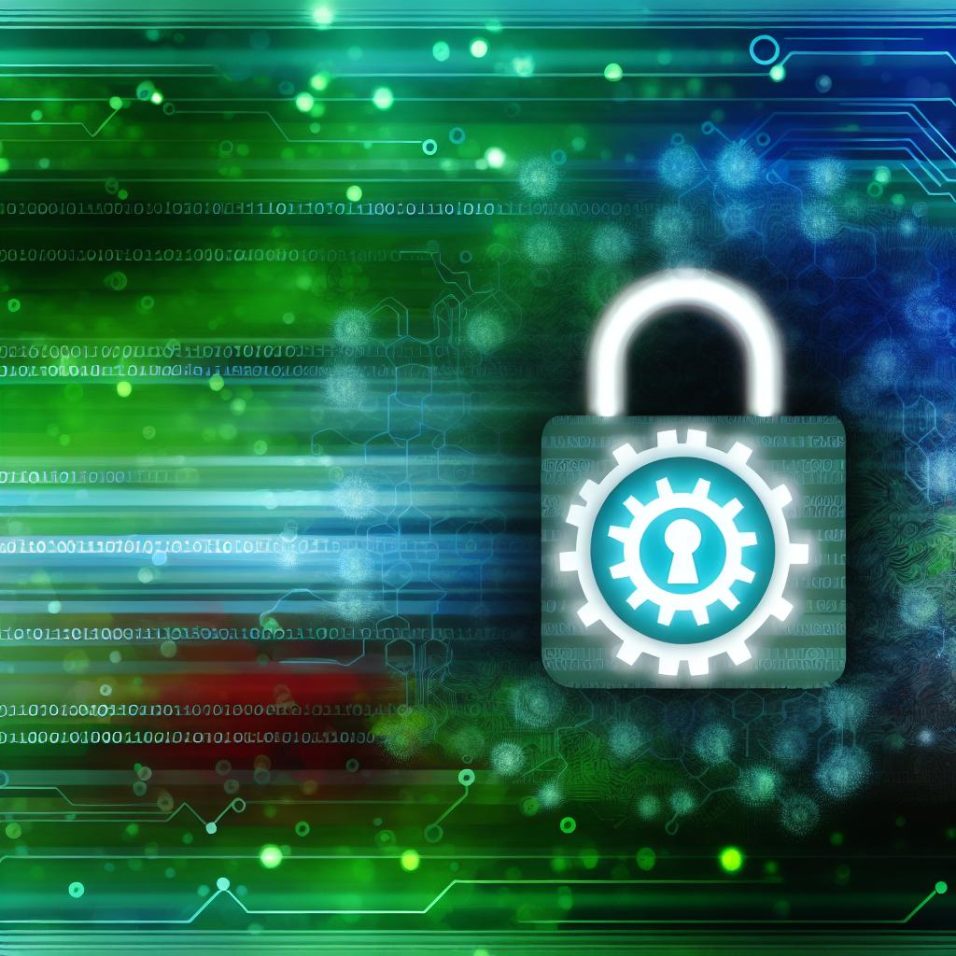Understanding the Importance of WordPress Security
WordPress powers over 40% of all websites, making it a prime target for hackers. Securing your WordPress site is essential to protect your content, user data, and reputation. Here we’ll explore some effective ways to enhance the security of your WordPress website.
Regular Updates and Backups
One of the simplest ways to safeguard your site is by regularly updating WordPress core, themes, and plugins. Developers continuously patch security vulnerabilities, so these updates are crucial.
Steps to Follow:
Enable Automatic Updates: WordPress can automatically update for minor security patches, but you might also consider enabling full automatic updates to stay ahead of vulnerabilities.
Perform Regular Backups: Use plugins like UpdraftPlus or BackupWordPress to ensure you always have a recent backup of your site. Regular backups are a safety net, allowing you to restore your site quickly in the event of a security breach.
Strengthen Login Security
The login page is often the first point of attack for anyone attempting to breach your WordPress site. Enhancing the security of this entry point is crucial.
Recommended Practices:
Use Strong Passwords: Encourage the use of complex passwords that include a mix of uppercase and lowercase letters, numbers, and symbols. This reduces the risk of unauthorized access.
Limit Login Attempts: Implement a plugin like Limit Login Attempts Reloaded to restrict the number of login attempts from a specific IP address, thus preventing brute force attacks.
Two-Factor Authentication: Add an extra layer of security by activating a two-factor authentication plugin such as Two Factor Authentication. This ensures that even if a password is compromised, access cannot be gained without the second level of authentication.
Secure the Admin Dashboard
Protecting the WordPress admin dashboard is essential, as unauthorized access can lead to significant security breaches.
Best Practices:
Change the Default Admin URL: Altering your login URL from /wp-admin or /wp-login.php to something unique using a plugin like WPS Hide Login makes it harder for attackers to find your login page.
Manage User Roles Carefully: Assign roles and privileges carefully. Only give users the permissions they absolutely need to perform their tasks, minimizing the risk of accidental or intentional misuse of the admin dashboard.
Implement a Security Plugin
Security plugins are powerful tools that bolster the defenses of your WordPress site against a wide array of threats.
Top Choices:
Wordfence Security: This plugin offers an endpoint firewall and malware scanner, delivering comprehensive protection for your website against threats.
Sucuri Security: Provides security activity auditing, file integrity monitoring, and other features designed to harden your site’s defenses.
Use HTTPS and SSL Certificates
Secure data transfer between your website and its users is crucial for protecting sensitive information.
Considerations:
Install an SSL Certificate: Most hosting providers offer free SSL through services like Let’s Encrypt. An SSL certificate encrypts data, providing secure connections to your site.
Force HTTPS: Implement settings in your .htaccess file or use a plugin to ensure that all data exchanges between your site and its visitors are encrypted, offering another layer of protection.
Monitoring and Maintenance
Ongoing monitoring and consistent maintenance are vital for keeping your WordPress site secure.
Critical Points:
Enable Activity Logs: Keep track of user activities by enabling activity logs, which are helpful in identifying potential security breaches.
Perform Security Audits: Conduct regular security checks and audits to discover and address vulnerabilities, ensuring that your website’s defenses remain robust against evolving threats.
By adopting these methods and tools, you substantially reduce the risk of your WordPress site being compromised. It’s important to stay informed about new security practices and keep your website maintained to ensure robust protection against emerging threats. Regular vigilance and proactive measures can greatly enhance the security of your WordPress website.

